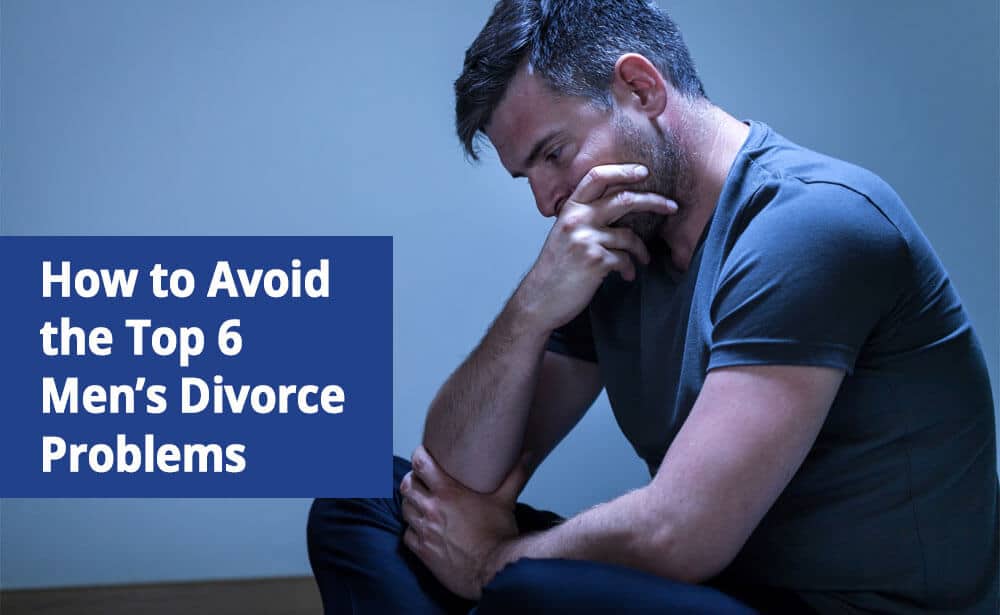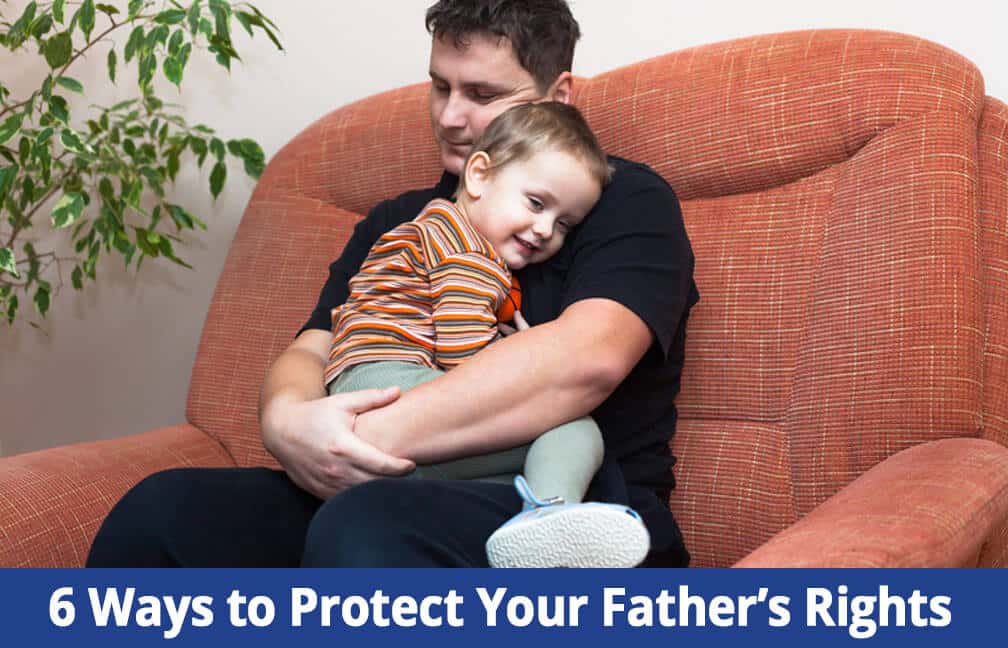#1. Do Not Move from the Home If Married
If you are married to the other parent of your child and are deciding to get a divorce, they may ask you to leave the marital home. Do not do this absent of a court document ordering you to do so. As uncomfortable as it may be to continue sharing a home with your ex, if you move out, you set a precedent that your ex is primarily caring for the children. Judges tend to err on the side of the status quo to avoid disrupting the child’s life as much as possible when the final divorce decree is issued. If you remain in the home, you can argue that you are equally providing as much care to your children as your spouse and make a stronger case for 50/50 custody.
#2. Be As Cooperative With the Other Parent as Possible
As much as it may sting to be cooperative and cordial to a person who may be trying to cut you off from your children, reacting angrily or seeking revenge will simply paint you in an even worse light to the judge presiding over your child custody case. In situations like these, it’s more important than ever that you bite your tongue or nod and smile when it seems like conflict may be arising. Courts tend to look more favorably on parents who wish to support their child’s right to have a relationship with both parents, and being polite and cooperative will go a long way toward illustrating your character in court.
#3. Do Not Talk to the Police If Accused of Child Abuse or Domestic Violence
If your ex has accused you of domestic violence or child abuse, it’s important to understand that the police are not on your side. In fact, they are actively working against you to collect evidence that will persuade a judge to minimize or eliminate your rights as a father to the children. Do not answer police questions, even if they seem to be compassionate toward you or say that admitting what “really happened” will make things easier on you.
#4. Keep Records of All Communication with the Other Parent
Once you realize you’re splitting up with the parent of your children, you should start keeping copies or making notes of everything said or communicated between you and your ex. If your ex accuses you of domestic violence later on, but you have a text showing that they threatened they would falsely report you if you didn’t comply with some other request, this can be used to illustrate to the court that the other parent may be exaggerating their case or using child custody proceedings as a manipulation tool.
#5. Consult an Experienced Long Island Family Law Attorney
One of the biggest mistakes that men make when separating from the parent of their children is neglecting to hire a family law attorney at the start of the case or even at all. However, an experienced Long Island child custody attorney can help you better understand your rights and the best course of action depending on the unique factors of your case. You may even want to consult an attorney before you announce to your partner that you’re interested in splitting.
#6. File an Order for a Paternity Test and/or Child Custody
If you are unmarried to the mother of your child, the first thing you should do is to file a motion requesting a paternity test, even if you are listed on the child’s birth certificate. A paternity test is required to be awarded custody or visitation of your child if you aren’t married to the child’s other parent, and you can file for custody and visitation as soon as the results establish that you are the child’s biological father. If you are married, you do not need a paternity test to file a petition for custody.
How Hornberger Verbitsky, P.C. Can Help Protect Your Fathers Rights
At Hornberger Verbitsky, P.C., we know how tough it is for fathers out there to exercise their rights with regard to custody and visitation with their child, especially if the child’s other parent isn’t agreeable or is even going out of their way to make the case more difficult. Call today to learn about your rights as a Long Island father and discuss your next step at 631-923-1910.


























